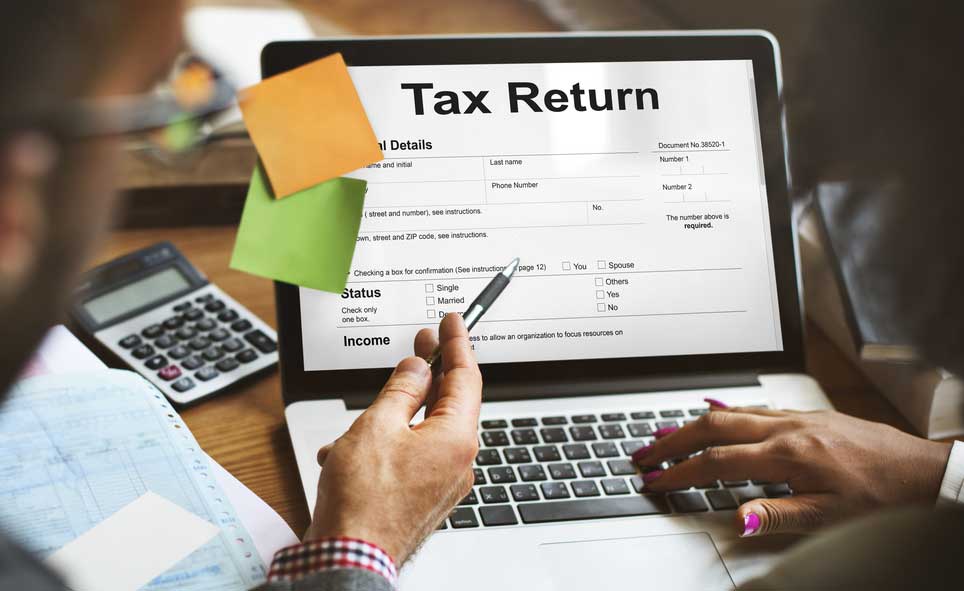The government has notified income tax return forms for 2019-20 and made it mandatory for entities to file ITR if deposits in a current account exceed Rs 1 crore or electricity bill in the fiscal is over Rs 1 lakh or expenses on foreign travel are above Rs 2 lakh.
The Central Board of Direct Taxes (CBDT) on Saturday notified Sahaj (ITR-1), Form ITR-2, Form ITR-3, Form Sugam (ITR-4), Form ITR-5, Form ITR-6, Form ITR-7 and Form ITR-V (Verification) for assessment year 2020-21, which relates to income earned between April 1, 2019, and March 31, 2020.
The government has already extended the deadline for filing all ITRs for the financial year 2019-20 till November 30.
Tax advocate Narayan Jain said the new forms has provided a separate table to disclose tax saving investment made in the first quarter of 2020-21 for availing the deductions in 2019-20.
Taxpayers must assess their tax liability for 2019-20 and make sure they are maximising their benefits under Section 80C (LIC, PPF, NSC etc) as well as section 80G for donations made to PM Cares Fund within June 30, Jain said.
The new forms require entities to furnish details of specified high-spend transactions, such as deposit of Rs 1 crore or more in a current account, expenditure of Rs 2 lakh or more on foreign travel or spending of Rs 1 lakh or more on consumption of electricity. Also, joint owners of a house property can file ITR-1 Sahaj.
The CBDT has introduced a new column in ITR-1, 2, 3 and 4 wherein it has asked three specific questions to the assessee: i) Have you deposited amount or aggregate of amounts exceeding Rs 1 crore in one or more current account during the previous year? ii) Have you incurred expenditure of an amount or aggregate of amount exceeding Rs 2 lakh for travel to a foreign country for yourself or for any other person? iii) Have you incurred expenditure of amount or aggregate of amount exceeding Rs 1 lakh on consumption of electricity during the previous year?
Hence, any entity, that is otherwise not required to file ITR, will have to file it for financial year 2019-20 if the answer to any the above questions is “Yes”.











